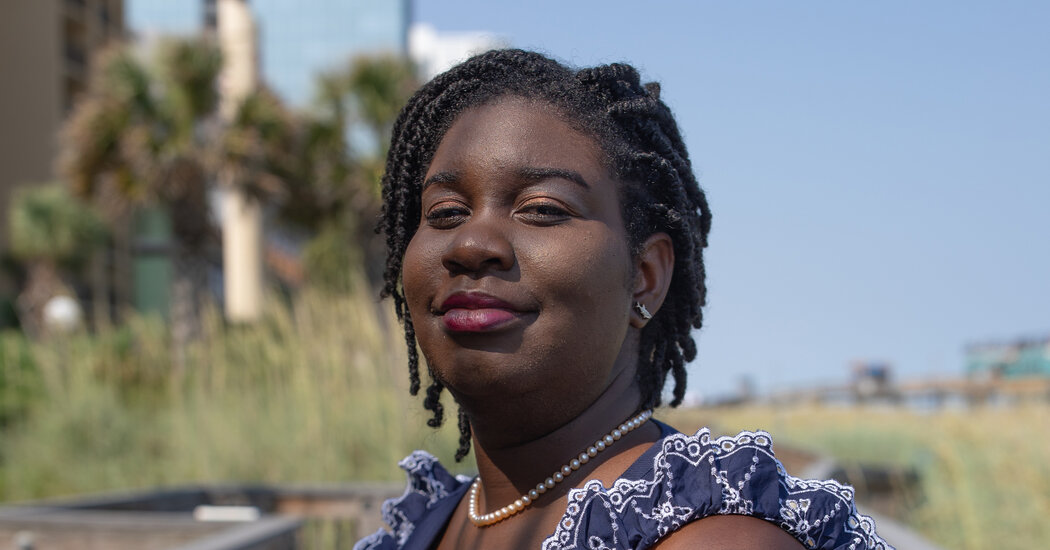In a new memoir, the marine biologist Jasmin Graham reflects on her passion for studying sharks and the barriers she refused to let stop her.
Jasmin Graham was on a mission. The marine biologist wanted to change not only the public’s often misleading perception of sharks — in many cases, drawn from their harrowing portrayal in the novel “Jaws” and calcified in pop culture over the last 50 years — but also that of the people who study them.
Once a marine biology Ph.D. student at Florida State University, Graham understood firsthand what it was like to try to make it in the field — and to be one of few Black women doing it. The challenges she faced in academia led to her fateful decision to leave the program in 2020 and pursue a career as a rogue scientist.
Graham, now 29, has since found success her own way, researching vanishing populations of sawfish, the harmful impacts of red tides on sharks and even the local ecological knowledge found among Black American fishers. In the same year she left graduate school, she teamed up with three other Black women to create Minorities in Shark Science, a global organization that promotes diversity and inclusion in the field.
Graham’s disenchantment with the traditional path to being a scientist — and how she overcame those bounds to forge her own trail — is explored in her new memoir, “Sharks Don’t Sink,” published by Pantheon on Tuesday.
Sprinkled between shark facts throughout the book, Graham also describes how she came to identify with the animals she studies. “When Black women fight back, we are seen as the enemy,” she writes, “just like sharks, who, more often than not, bite only when provoked.”
In a recent interview, Graham spoke with The New York Times about why sharks are misunderstood and what these large sea creatures have taught her — about science, life and, most importantly, herself. This conversation has been edited and condensed for clarity.
